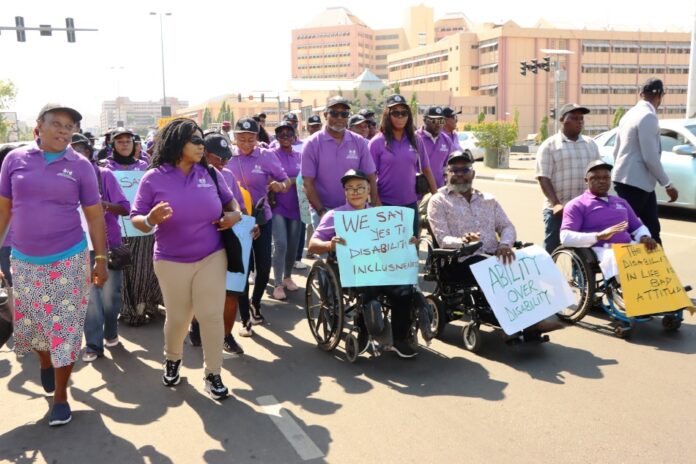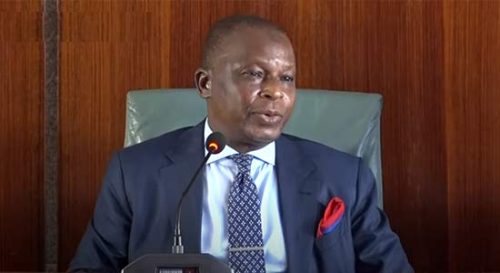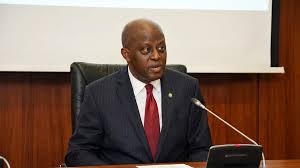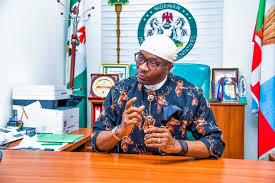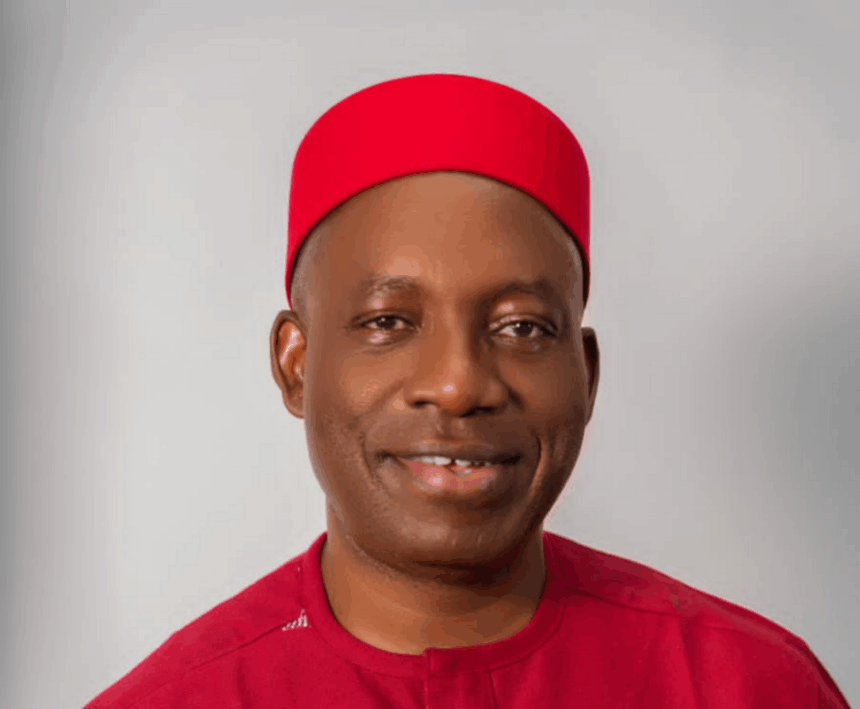Jega: Premature campaigning should be criminalised with heavy penalties
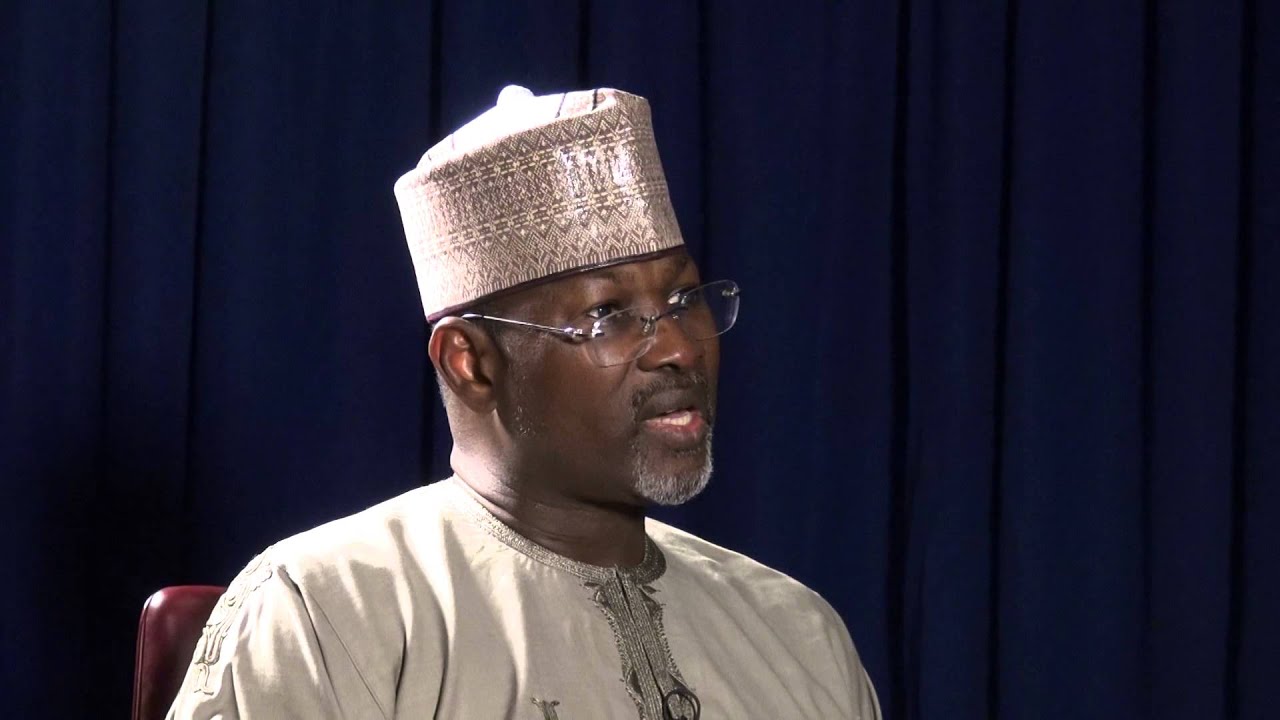
Attahiru Jega, former chairman of the Independent National Electoral Commission (INEC), has called for premature political campaigns to be criminalised, with stiff sanctions for violators.
Jega spoke on Wednesday at a one-day stakeholders’ roundtable on premature and early campaigns convened by INEC at The Electoral Institute, Abuja.
“Premature campaigns are not just technical violations,” Jega said.
He warned that “they are aberrations that confer undue advantage, entrench impunity, and compromise electoral integrity. When incumbents commission projects or allow proxies to campaign years in advance, they normalise illegality and make it almost impossible to ensure a level playing field.”
Jega said premature campaigns have become rampant among incumbents at federal and state levels, often disguised as third-party initiatives. He cited international examples from Australia, Mexico, the Philippines, and India, where offenders face penalties ranging from fines to imprisonment.
In his recommendations, Jega said: “Clearly defining premature campaign offences in the Electoral Act and attaching stiff penalties, holding candidates and political parties vicariously liable for third-party campaigns, empowering the EFCC and ICPC to investigate the financing of premature campaign activities.”
He also recommended “factoring third-party campaign expenses into official campaign finance audits, establishing an Electoral Offences Commission and Tribunal before the 2027 elections to ensure effective prosecution of violators.”
The former INEC chairman insisted that the reforms are urgent, warning that “if premature campaigns are not checked, they will heat up the polity, escalate costs, promote hate speech, and fuel ethno-religious tensions as we move towards 2027.”
Mahmood Yakubu, INEC chairman, declared the roundtable open, saying the commission was increasingly worried about the “perpetual election mode” of parties and their supporters, who engage in advertising, rallies, and media blitz before the official timetable.
Citing Section 94(1) of the Electoral Act 2022, Yakubu recalled that campaigns are only permitted within 150 days to polling day and must stop 24 hours before voting. He regretted that the law prescribes only mild penalties for breaches close to election day while remaining silent on earlier infractions.
“This legal lacuna makes it difficult for the commission to sanction breaches,” Yakubu said. “Yet the consequences are enormous. They affect campaign finance monitoring, give unfair advantage to violators, and weaken respect for the law. This roundtable has been convened for deep reflection on how to collectively confront the menace.”
Abdullahi Abdu Zuru, chairman of the Board of the Electoral Institute, described premature campaigns as “a creeping danger” to Nigeria’s democracy. He warned that cultural festivals, religious gatherings and philanthropy were increasingly being used as camouflage for veiled campaign messages.
“They not only inflate the cost of elections but also distract office holders from service delivery, erode public confidence in institutions, and feed cynicism about whether laws can ever be enforced,” Zuru said.
Other speakers included Adebayo Balogun, chairman of the House of Representatives committee on electoral matters; Kayode Egbetokun, inspector-general of police, represented by Abayomi Sogunle, commissioner of police in charge of elections; Yusuf Dantalle, chairman of the Inter-Party Advisory Council (IPAC); and Olalekan Fadolapo, director-general of the Advertising Regulatory Council of Nigeria (ARCON).
Panel sessions examined the role of media, civil society, regulators, and the judiciary in curbing premature campaigns, with participants stressing the need for proactive civic education, stronger synergy between regulators, and political will to enforce compliance.




